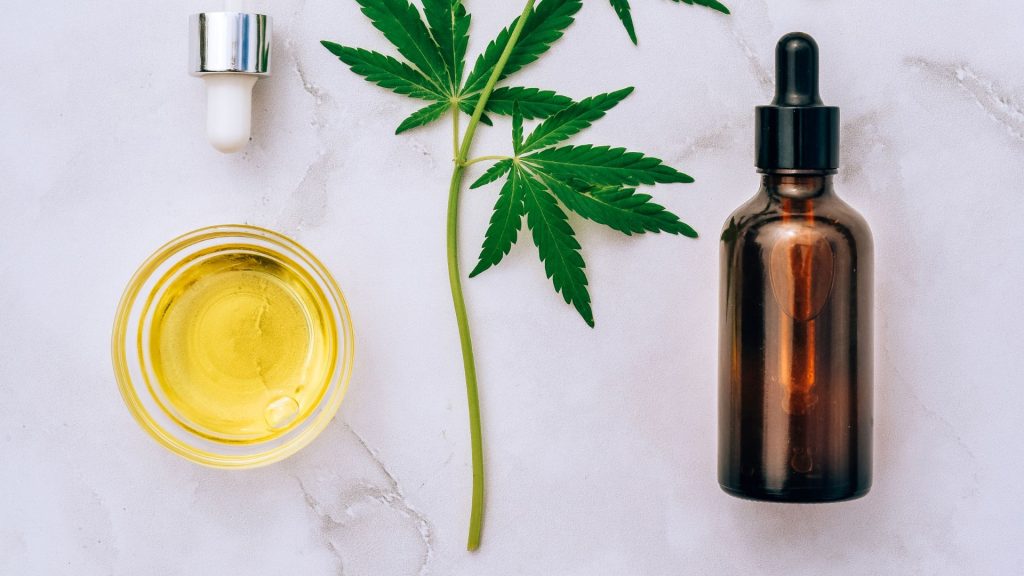
CBD supplements are generally safe, however some may cause side effects like stomach upset or excessive drowsiness. If this happens to you, consult with a physician in order to find an ideal dosage plan.
CBD can currently be obtained as Epidiolex under prescription for seizure disorders, and more research needs to be conducted into its effectiveness for other conditions. However, more evidence must be accumulated.
Cannabidiol (CBD) is a cannabinoid found in the cannabis plant
CBD has strong anti-inflammatory effects and can be used to effectively manage pain. Furthermore, CBD may be beneficial in managing anxiety and depression as well as alleviating symptoms related to cancer treatments like nausea and pain – yet more research needs to be conducted in this area.
Cannabis plants produce phytocannabinoids – chemicals which bind to receptors in the brain and influence neurotransmitter release – in various amounts depending on their strain and genetic makeup, hence being used for both medicinal and recreational purposes; those used medicinally tend to contain lower quantities of psychoactive compounds like THC than recreational varieties.
Recent research indicates that CBD can effectively mitigate both oxidative stress and inflammation in the brain, inhibit cellular uptake of noradrenaline neurotransmitter and promote fatty acid oxidation – all while improving sleep in those suffering insomnia, according to preliminary studies.
It is non-psychoactive
CBD acts as an allosteric modulator of CB1 receptors and acts like a dimmer switch by gently stimulating or blocking receptor signaling. Due to its low affinity with CB1, it does not produce effects associated with stimulation such as hypoalgesia, catalepsy and decreased motor activity. Furthermore, CBD serves as an antagonist at GPR55 orphan receptor and as negative allosteric modulator of serotonin 5-HT3 and a1-adrenergic receptors.
Studies indicate that CBD may help alleviate anxiety, improve mood and alleviate pain for those suffering from depression or other mental health conditions. Furthermore, CBD may assist those living with chronic pain to manage symptoms more effectively while decreasing nausea and vomiting. Furthermore, CBD can be used to help treat seizures associated with certain rare epilepsy disorders as well as managing side effects from cancer treatments more efficiently. It is advised to speak to a medical provider prior to taking CBD as this compound could interact with blood thinners and medications that are broken down by liver enzymes, possibly increasing acetaminophen levels in your bloodstream as well as increasing levels of acetaminophen.
It is safe
CBD products are legal to purchase as dietary supplements, although manufacturers often make claims based on limited evidence. Therefore, it’s advisable to seek professional advice before taking CBD products and read labels carefully in order to ascertain potential interactions between CBD and antidepressant medication or other prescription.
Studies are investigating the efficacy of CBD as an antidepressant, anti-anxiety and pain reliever, while others study its potential as an effective therapy against PTSD, schizophrenia and cancer. Unfortunately, more evidence must still be accumulated before any such claims can be proven true.
CBD can be taken in various forms such as capsules, oil or vape. There are different strengths and dosages of CBD products, so choose one that meets your needs. CBD may cause drowsiness so it shouldn’t be combined with medications that cause sleepiness (SSRIs and monoamine oxidase inhibitors like phenelzine; Nardil). Furthermore, it may increase levels of some antidepressants within your system.
It is not addictive
CBD does not directly bind to cannabinoid receptors in the endocannabinoid system (ECS) like THC does, but still affects and modifies their activity. Furthermore, it interacts with serotonin and vanilloid systems and works to regulate many physiological functions through these interactions.
Studies conducted to date indicate that CBD could potentially have therapeutic properties in treating cocaine and opioid addiction disorders; however, more research needs to be conducted in this regard. It could also potentially reduce cravings, impulsivity and withdrawal symptoms in cannabis and cigarette addiction disorders.
Some individuals experience adverse reactions when taking full-spectrum CBD products, including full-spectrum products that contain more CBD. Drowsiness and dizziness may occur; to minimize any such reactions when combined with medicines that make you sleepy or dizzy such as selective serotonin reuptake inhibitors such as Zoloft, tricyclic antidepressants, monoamine oxidase inhibitors like Phenelzine (Nardil), blood thinners or immunosuppressant medications – always consult your physician before beginning any new supplements including CBD products.


